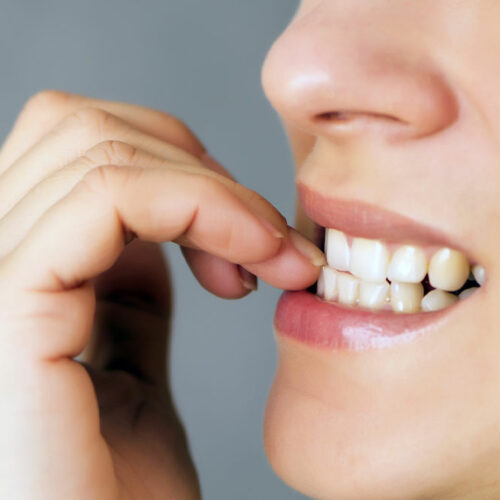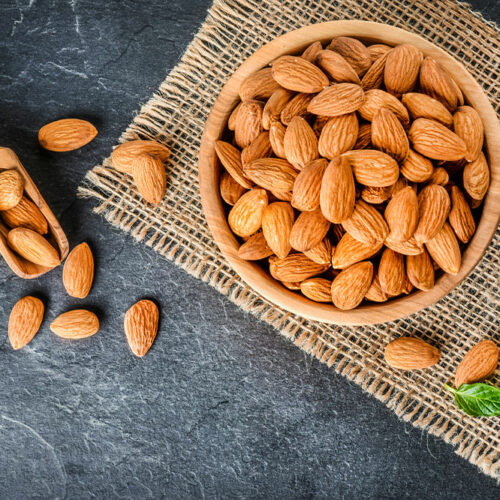7 unhealthy habits that damage teeth

Maintaining a healthy smile goes beyond just regular brushing and flossing. One may follow several habits without realizing the potential harm they can cause to one’s teeth. From seemingly harmless activities to daily routines, these habits can lead to tooth decay, gum disease, and other dental problems. Here are some common but often overlooked habits that harm oral health. One must avoid them to extend the longevity of their pearly whites. Poor oral hygiene Neglecting proper oral hygiene practices, such as inconsistent brushing and skipping flossing, can pave the way for plaque buildup. This buildup contributes to tooth decay, cavities, and gum disease, which can lead to more serious dental issues if left untreated.






